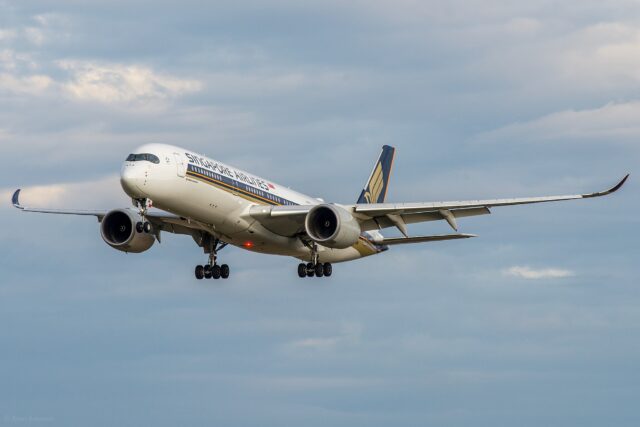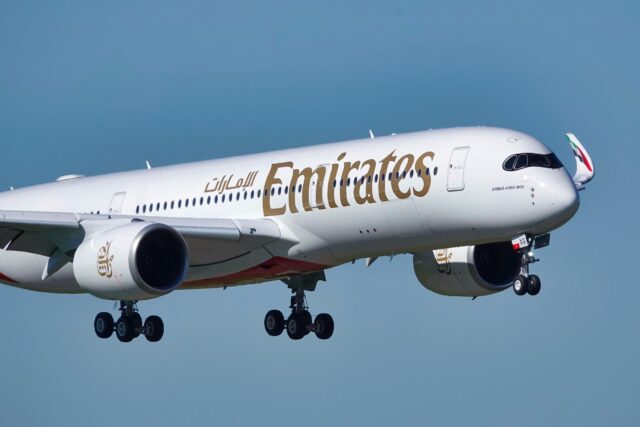Russia revokes Angara Airlines’ air operators certificate following fatal An-24 crash

October 27, 2025
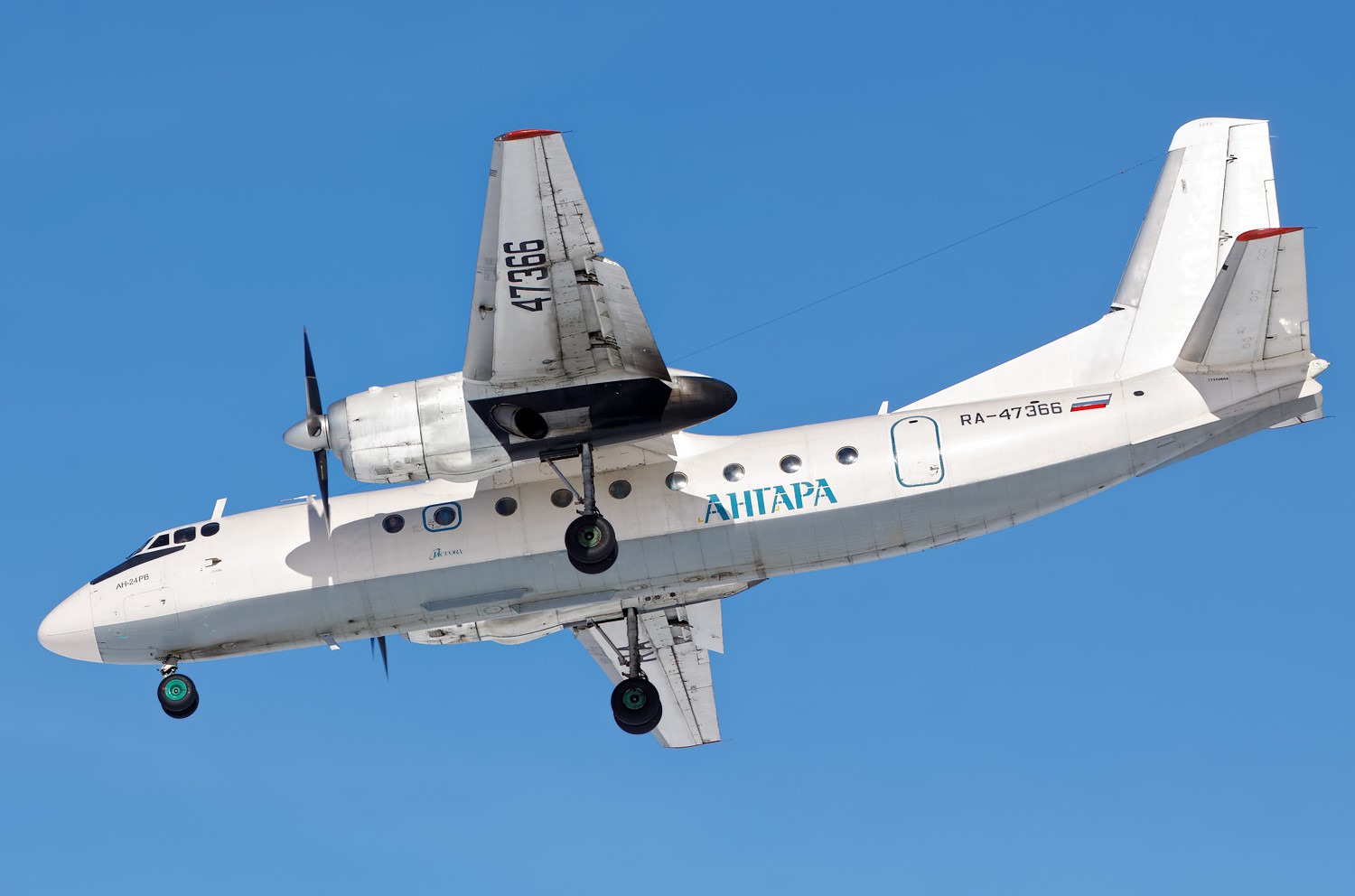
Russia’s aviation regulator, Rosaviatsia, will revoke the air operator certificate for Siberian carrier Angara Airlines from next month. The decision comes after a safety inspection following the fatal crash of one of the airline’s Antonov An-24 aircraft earlier this year.
“Starting November 5, this carrier will be unable to operate commercial flights. This decision was made to ensure flight safety, based on an unscheduled inspection by the Rostransnadzor Regional Transport Directorate for the Siberian Federal District,” Rosaviatsia stated, adding that the decision was taken to ensure flight safety.
Angara Airlines has already closed its ticket sales from 1 November, with ticket-holding passengers advised to seek a full refund or rebooking on another airline.
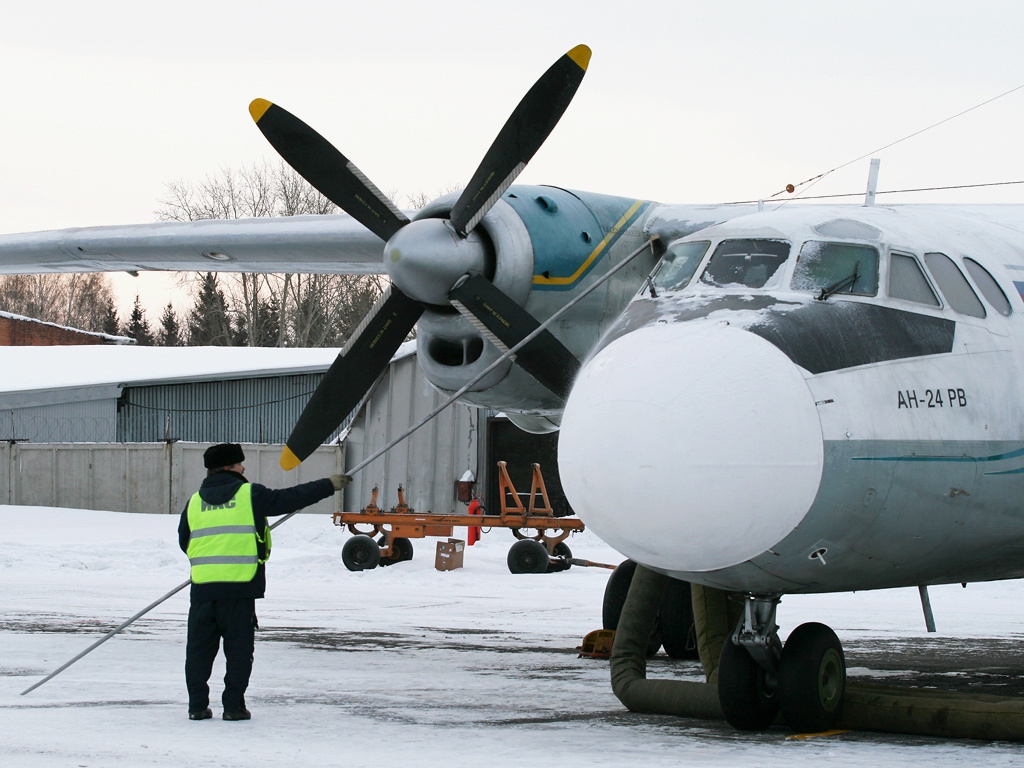
Angara’s flights covered 11 regional routes:
- Khabarovsk – Zeya (with landing in Blagoveshchensk)
- Khabarovsk – Tynda (with a stopover in Blagoveshchensk)
- Irkutsk – Erbogachen
- Irkutsk – Kirensk
- Nizhneangarsk – Ulan-Ude
- Taximo – Ulan-Ude
- Chara – Chita
- Irkutsk – Bodaibo
- Irkutsk – Nizhneangarsk
- Irkutsk – Chara
- Khabarovsk – Okhotsk (with a stopover in Nikolaevsk-on-Amur)
Rosaviatsia advises that other airlines can take passengers on these routes. Iraero already flies most of the routes, but will begin new services to accommodate the lost connections, including within Transbaikal (Chita – Chara) and Buryatia (from Ulan-Ude to Nizhneangarsk and Taksimo).
Complementing these are flights from Aurora and Khabarovsk Airlines, which operate from Khabarovsk to Zeya and Tynda as well as on the Khabarovsk – Nikolaevsk-on-Amur – Okhotsk route.
The slow unravelling of Angara Airlines following deadly An-24 crash
Issues at Angara Airlines came to a head in July, when an An-24 passenger aircraft disappeared from radar and was later found crashed less than 10 miles from its destination. Six crew members and 42 passengers lost their lives in the accident.
Even before that, Angara had been under regulatory scrutiny after another An-24 skidded off the runway in Irkutsk due to a landing gear malfunction.
An Angara Airlines Antonov An-24 (RA-46620) suffered a nose landing gear collapse while landing at Kirensk Airport, #Russia, on May 26. The aircraft veered off the runway and came to rest in the grass.
— FlightMode (@FlightModeblog) May 27, 2025
📸 ©️ @VladWebman | @SibirPost#Antonov #aviation #avgeek #avgeeks #flights pic.twitter.com/xFfNYb5qkY
In August, Rosaviatsia withdrew approval of Angara Airlines’ training centre, saying that its compliance inspections had uncovered ‘violations’ at the airline’s facilities. This followed the revocation of Angara’s maintenance certificate by transport supervisory authority Rostransnadzor in late July.
Prior to the suspensions, Angara trained flight mechanics and maintenance specialists to work on Antonov aircraft, including the An-24 and An-26, as well as the Mil Mi-8 helicopters.
Although Rosaviatsia did not specify the nature of the violations, it said that Angara Airlines is no longer allowed to train aviation personnel and must use certified third parties for its training needs. The regulator did not indicate whether the sanctions were related to the fatal An-24 accident in July.
A preliminary report into the 24 July An-24 crash showed the aircraft was approaching Tynda in poor weather, undertaking a non-precision instrument approach to the airport. Cockpit voice recordings show the ‘terrain-pull up’ warning sounded seconds before the crash.
Investigations into crew decision making, functionality of navigation and warning systems and other aspects are ongoing, with a final report to come once these investigations have been completed.
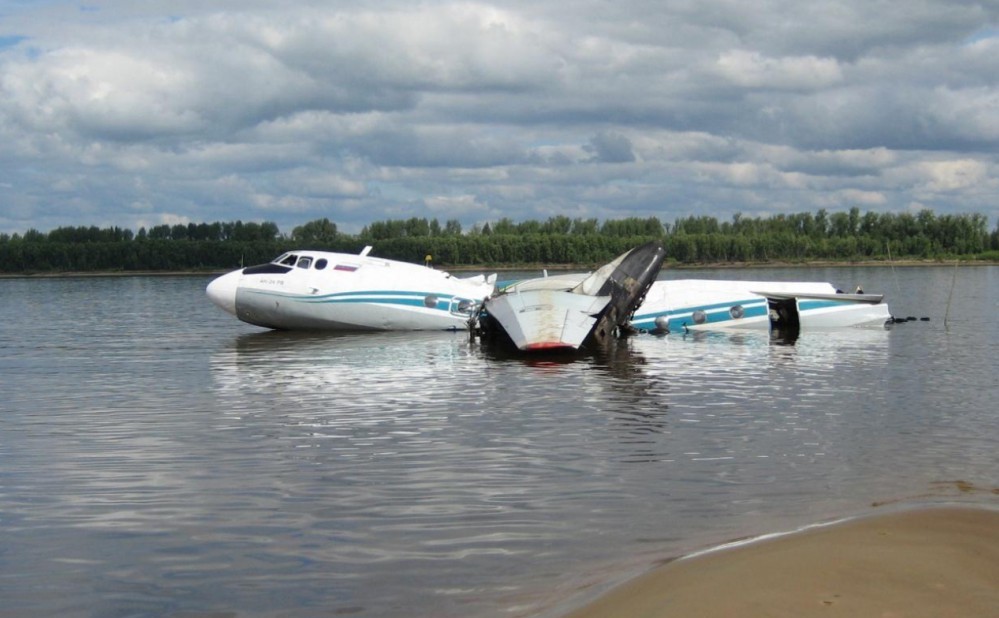
Although July’s crash was the most high-profile (and most deadly), Angara Airlines’ Antonov An-24s have been involved in two other accidents:
- June 2019, Flight 200 suffered an engine failure on takeoff and collided with a building. The captain and flight engineer were killed, and several passengers injured.
- February 2011, Flight 9007 ditched in the Ob River after suffering an engine fire. Seven people onboard died.
Russia’s aviation safety crackdown
With Russia’s aviation industry under sanctions due to the war in Ukraine, airlines have been struggling to keep their aircraft operational. With spare parts scarce and imports no longer an option, several have resorted to cannibalising other aircraft to keep their planes flying.
The Insider reported that, due to the sanctions, Russian airlines lost access to aeronautical charts and navigation databases supplied by Western companies, forcing pilots to fly with paper maps. One pilot recalled how Aeroflot had frantically searched for a new supplier of aeronautical data and found a small St. Petersburg firm called Aeromap, which developed the SkyBagPro app.
While the company grew rapidly, thanks to its captive audience, the charts it provided were not always accurate. “There were many errors, for example, in approach procedures,” the pilot said. “Relying on those charts, an aircraft could end up in the wrong place.”
🇷🇺💔 Sadly, an Antonov An-24 aircraft operated by Angara Airlines with 49 onboard, including 5 children has crashed in the Amur region, Russia.
— Spetsnaℤ 007 🇷🇺 (@Alex_Oloyede2) July 24, 2025
No survivors according to local media.
The jet disappeared from radar while attempting a landing approach at Tynda airport. Reports… pic.twitter.com/7F381c1U8h
Other aspects of aviation operations have also been cripled, from fuel planning to weather data, leaving pilots to undertake calculations by hand and rely on open-source information for flight planning. GPS spoofing and jamming have meant many Russian airlines are flying with TCAS switched off, even at low altitudes where it is most effective.
The result of all this was that aviation accidents doubled in just a couple of years, prompting authorities to launch widespread inspections of regional airlines in October. Rostransnadzor is reported to have discovered “systemic violations of aviation safety laws,” including poor aircraft maintenance, inadequate pilot training and failure to follow technical regulations.
Rostransnadzor will audit 51 of Russia’s regional airlines from December of this year through December 2026. Depending on the outcomes, more airlines could follow in the footsteps of Angara Airlines and have their AOC revoked if they are found to be in breach of regulations.
